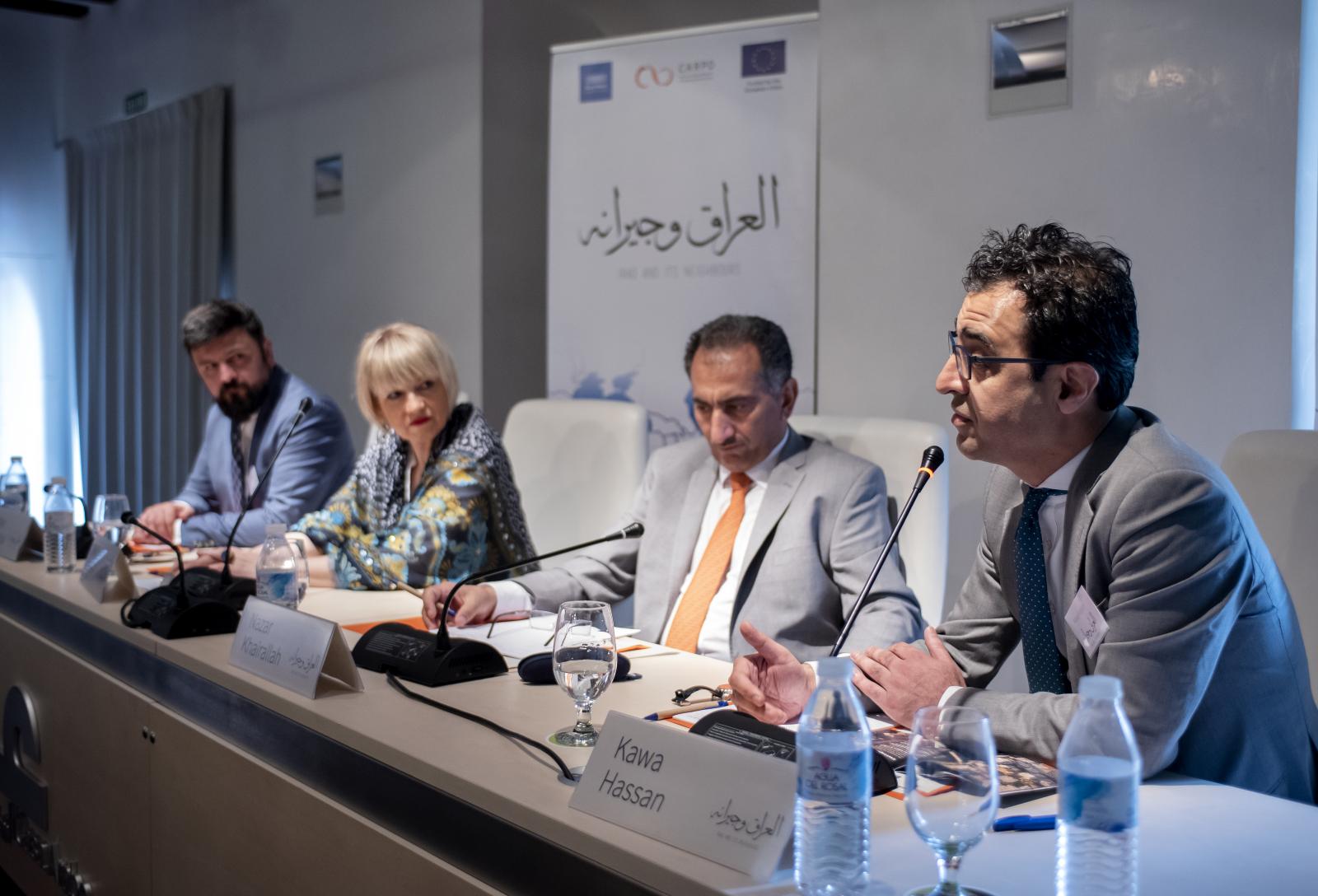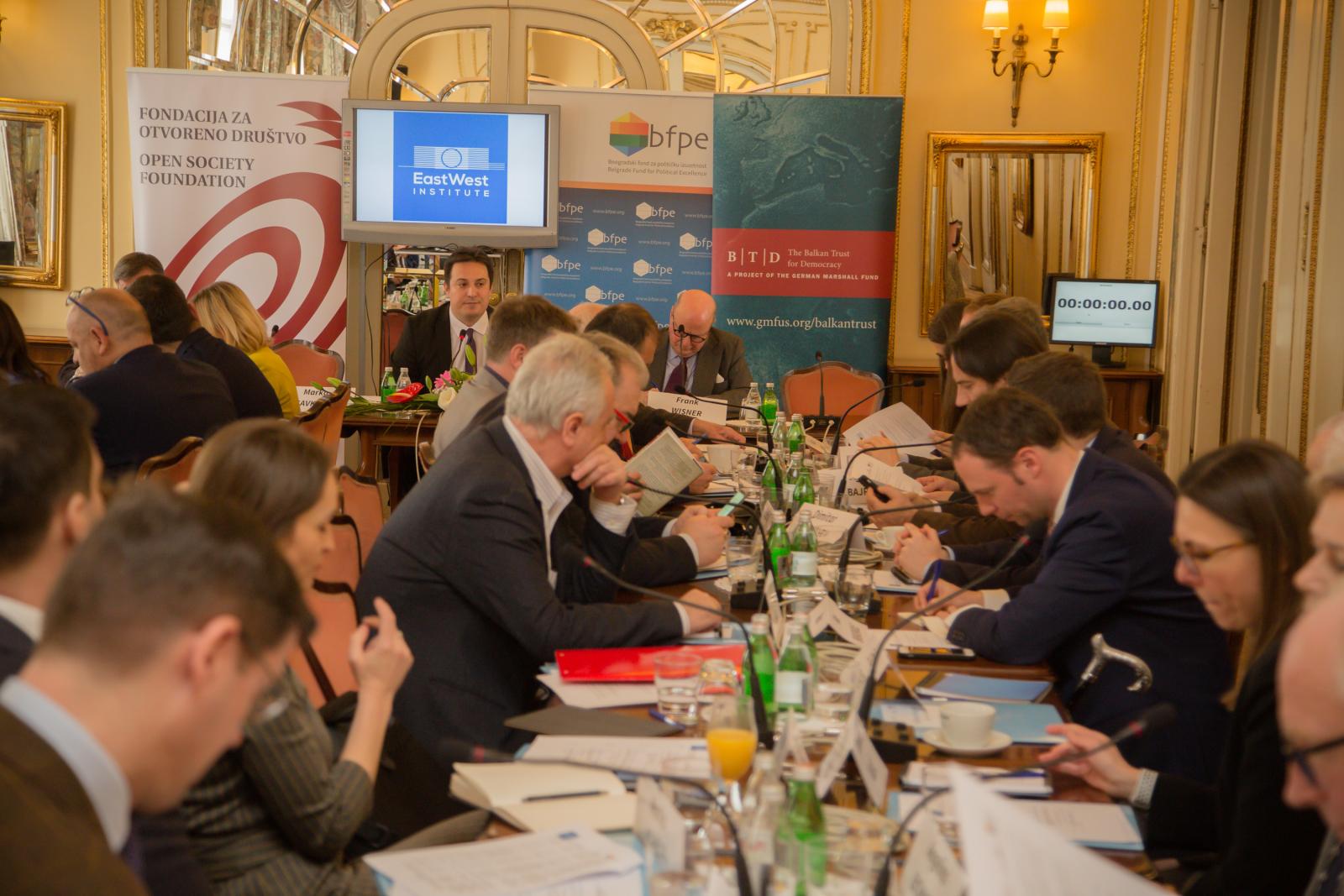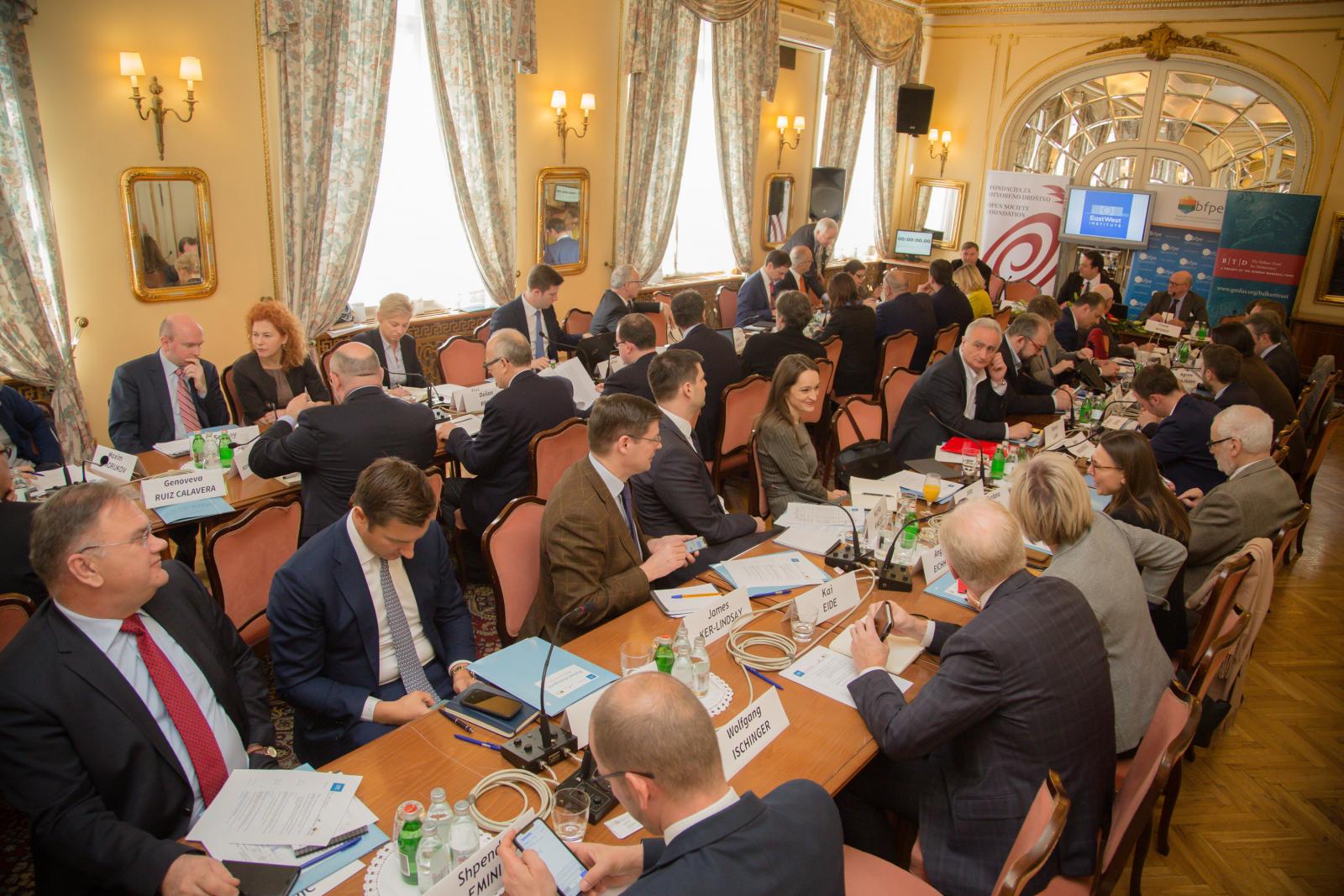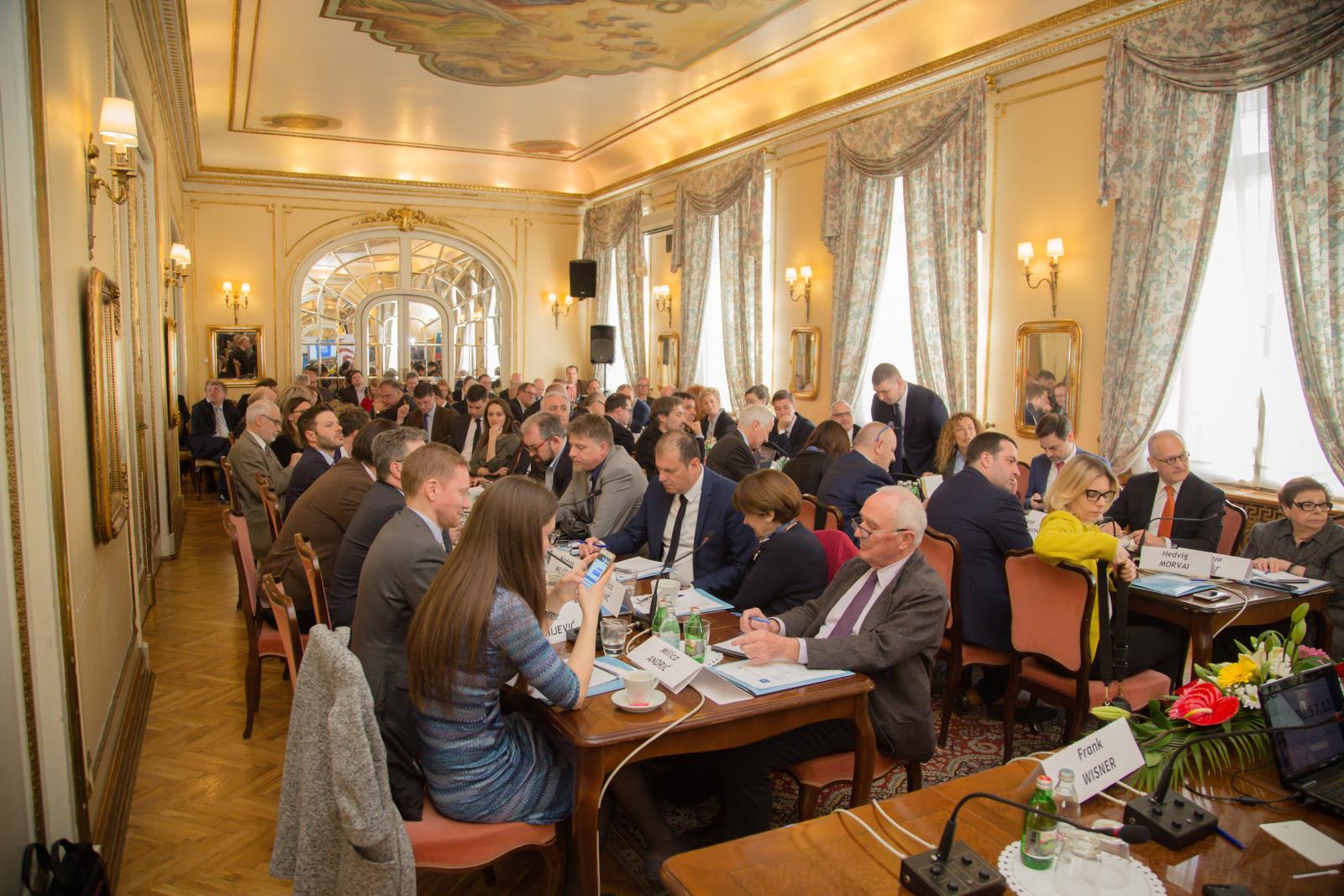U.S. Needs an Explicit India Strategy
The "India Fatigue" lens essentially looks at the trajectory of the U.S.-India ties from the conception (or rather misconception) of strategic synergy as described by U.S. and therefore a false sense of the outcomes.
The flux in U.S.-India relationship has evoked consternation within the analyst community, particularly in the U.S. In a recent article, analyst Sameer Lalwani wrote that repeated “India fatigue” (a term to describe India’s inability to match U.S. strategic engagement expectations) is a consistent feature of defense discussions in U.S. and that structural factors are not in consonance with the expectations of the relationship. The article ended on a pessimistic note by conceding that the potential of the relationship is likely to be held hostage to those factors.
The "India Fatigue" lens essentially looks at the trajectory of the U.S.-India ties from the conception (or rather misconception) of strategic synergy as described by U.S. and therefore a false sense of the outcomes. A large part of this can be attributed to the fact that structural factors in the relationship are often relegated to U.S. concerns only. This can be corrected if U.S. has an explicit India strategy to counter the structural impediments rather than the ragtag mix spread across documents to no avail.
Click here to read the full article in The Economic Times.






